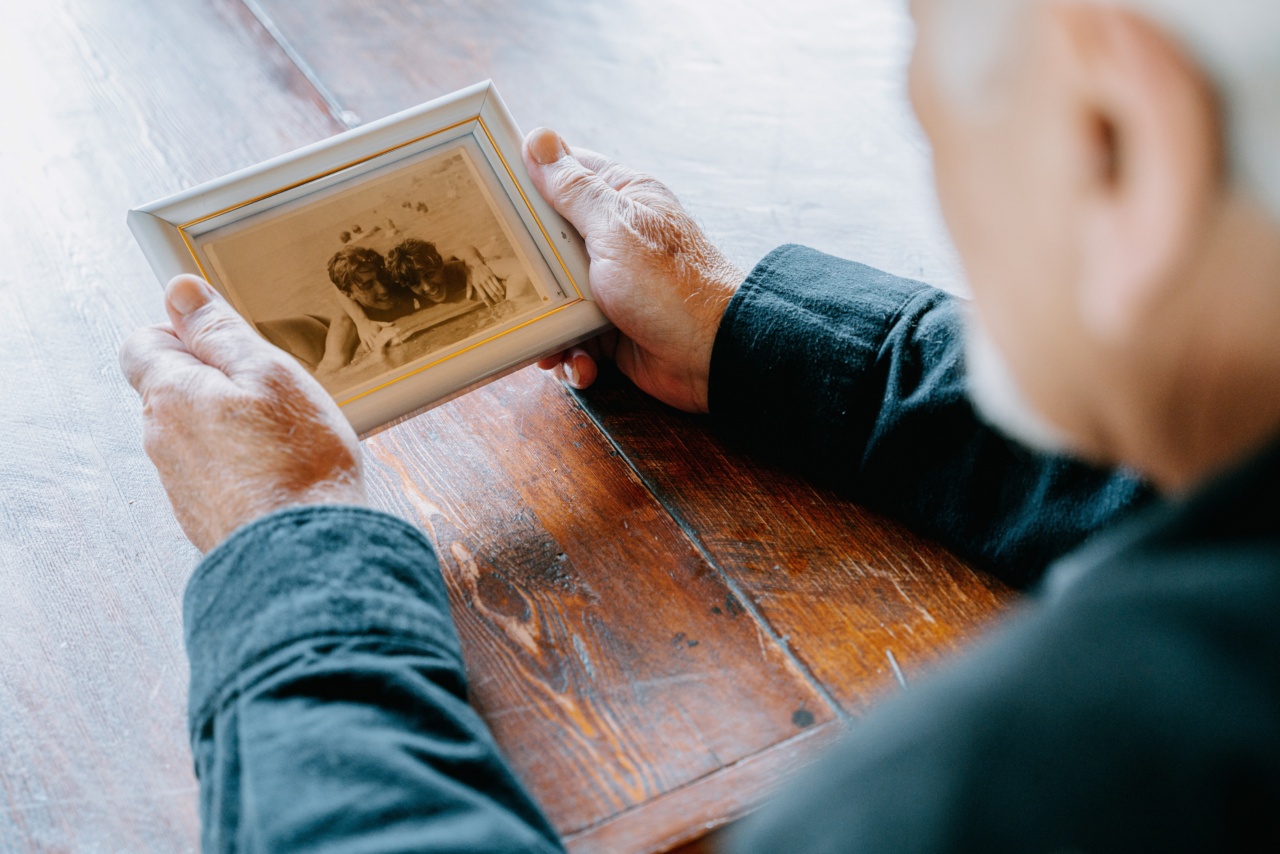It’s painful to lose someone you care about, and the death of a close friend can be one of the most challenging losses you’ll experience.
The grieving process is different for everyone, and it can take time to heal from the emotional pain of losing a friend. Some people may start to feel better after a few weeks or months, while others may take years to fully recover. The time it takes to overcome the loss of a close friend varies greatly based on the individual and their circumstances.
In this article, we’ll explore some of the factors that can influence the grieving process and offer guidance on how to cope with the loss of a friend.
Factors that can influence the grieving process
There is no right or wrong way to grieve, and the process can differ greatly depending on the individual and their personal circumstances. However, there are some common factors that can influence the grieving process:.
1. Relationship with the friend
The nature of the relationship you had with your friend can play a significant role in the grieving process.
For example, if you had a close, long-standing friendship, you may find it harder to cope with their loss than if you knew them for only a short time. The depth of the relationship, the emotional bond that you shared, and the level of support and guidance they provided can also impact your grief process.
2. Circumstances of the loss
The circumstances surrounding your friend’s death can also impact the grieving process. Accident or sudden deaths can be more difficult to manage than situations that are expected, like a long-term illness.
If the death was traumatic, it can lead to additional levels of trauma and anxiety that complicate the grief experience.
3. Emotional and mental state
Someone’s emotional and mental state before their friend’s death can also impact the grieving process.
For example, if someone already struggles with depression or anxiety, losing a friend can exacerbate these conditions and make it harder to cope with the loss. If there are already issues of isolation, loneliness, or struggling to connect with others they may find it difficult to find additional support as they grieve.
4. Support system
Finally, the support system that someone has in place can greatly impact their ability to overcome the loss of a close friend.
Having a supportive network of friends and family members who are there to lend a helping hand and listen can be essential to the healing process. If this support system is not in place or does not respond in a helpful manner it may lead to more difficult grieving long-term.
Coping with the loss of a close friend
Coping with the loss of a close friend is never easy, but there are some things you can do to make the process more manageable:.
1. Give yourself time and space to grieve
It’s important to give yourself the time and space you need to process the pain of losing your friend. This might involve taking time off work or seeking professional help to manage your emotions.
Don’t expect to feel better overnight, and allow yourself time to move through the different stages of the grieving process at your own pace.
2. Seek support from friends and family
Friends and family members can be a great source of comfort and support as you cope with the loss of your friend. Don’t be afraid to reach out and talk to them about how you’re feeling.
If someone has experienced grief themselves there may be an increase in empathy and understanding that comes in their support.
3. Consider professional help
If you find yourself struggling to cope with the loss of your friend, it might be helpful to seek professional help.
Many therapists specialize in grief counseling and can offer strategies and tools to help you manage your emotions and move through the grieving process.
4. Engage in self-care activities
It’s important to take care of your physical and emotional health during the grieving process. Make time for activities that you enjoy and that help you relax, such as physical exercise, hiking or art therapy.
Engaging in activities that allow you to express your feelings in a healthy way can help you move through the grieving process in a more positive way and help you manage the stress and emotions that can come with grief.
The bottom line
It’s impossible to put a timetable on grief, and there is no one size fits all for how long it takes to overcome the loss of a close friend.
Everyone grieves differently, and some people may find that the pain lessens over time while others may struggle with it long-term. Nevertheless, it’s important to engage in healthy coping strategies and seek support as needed to help you move through the grieving process and eventually find some peace.





























